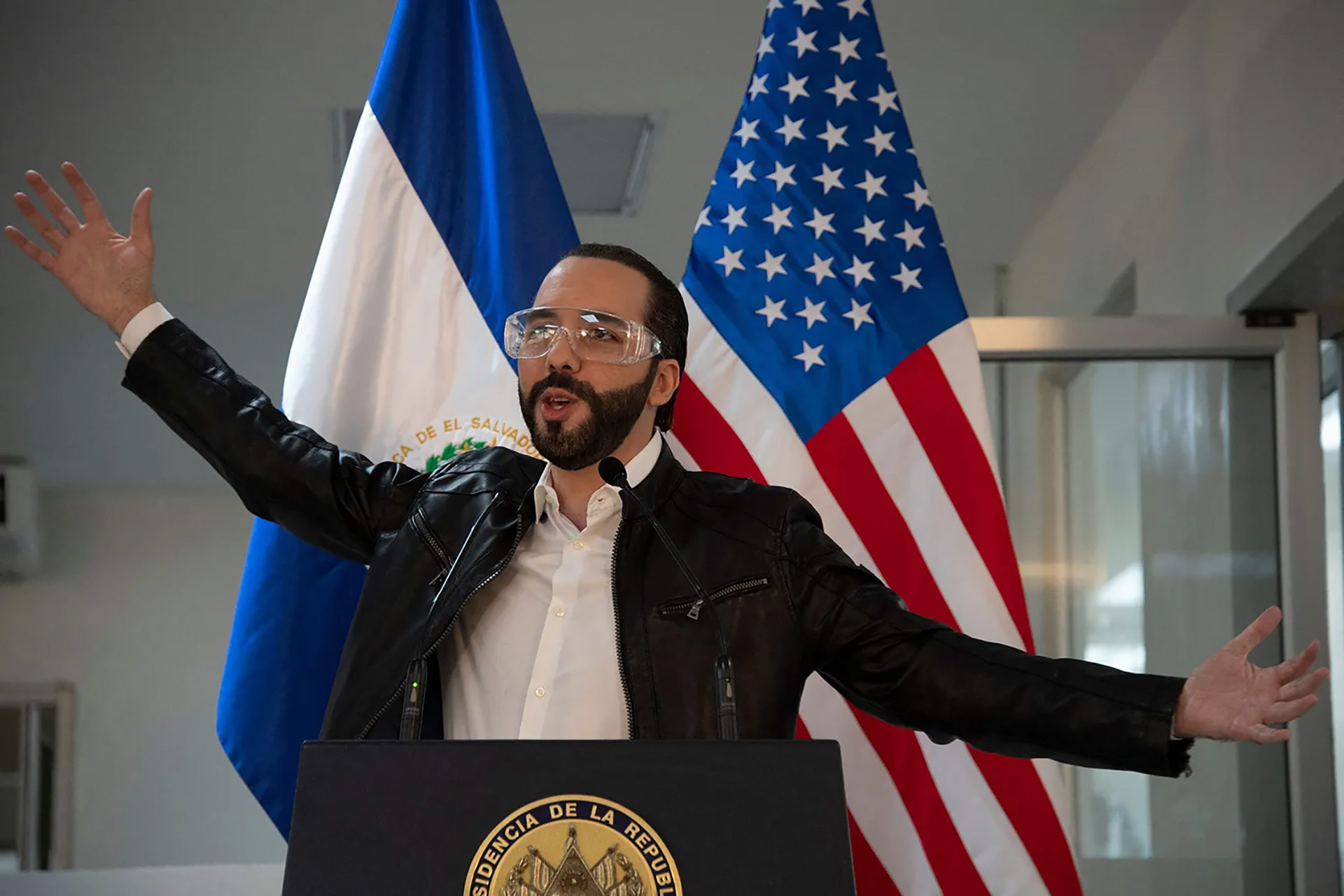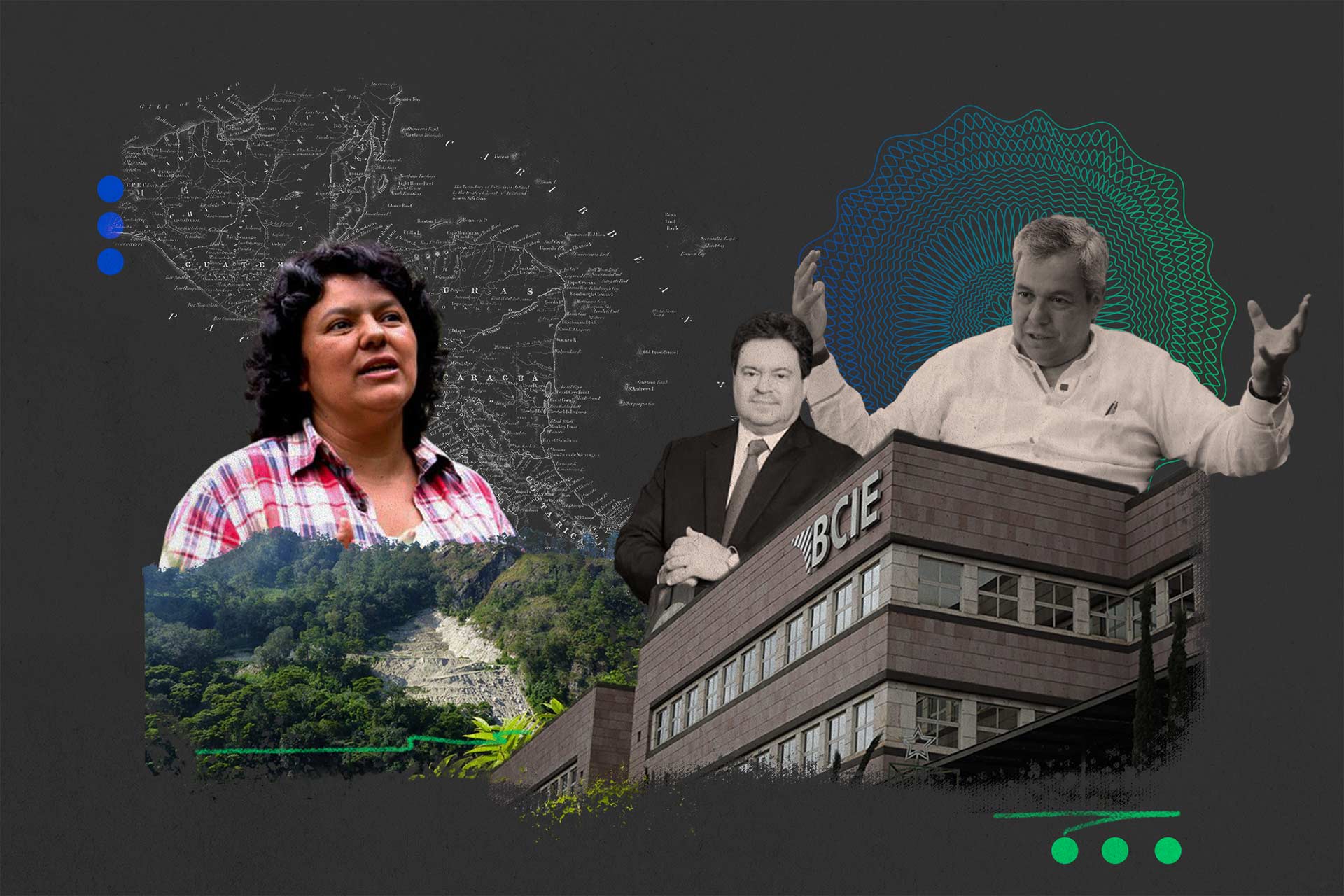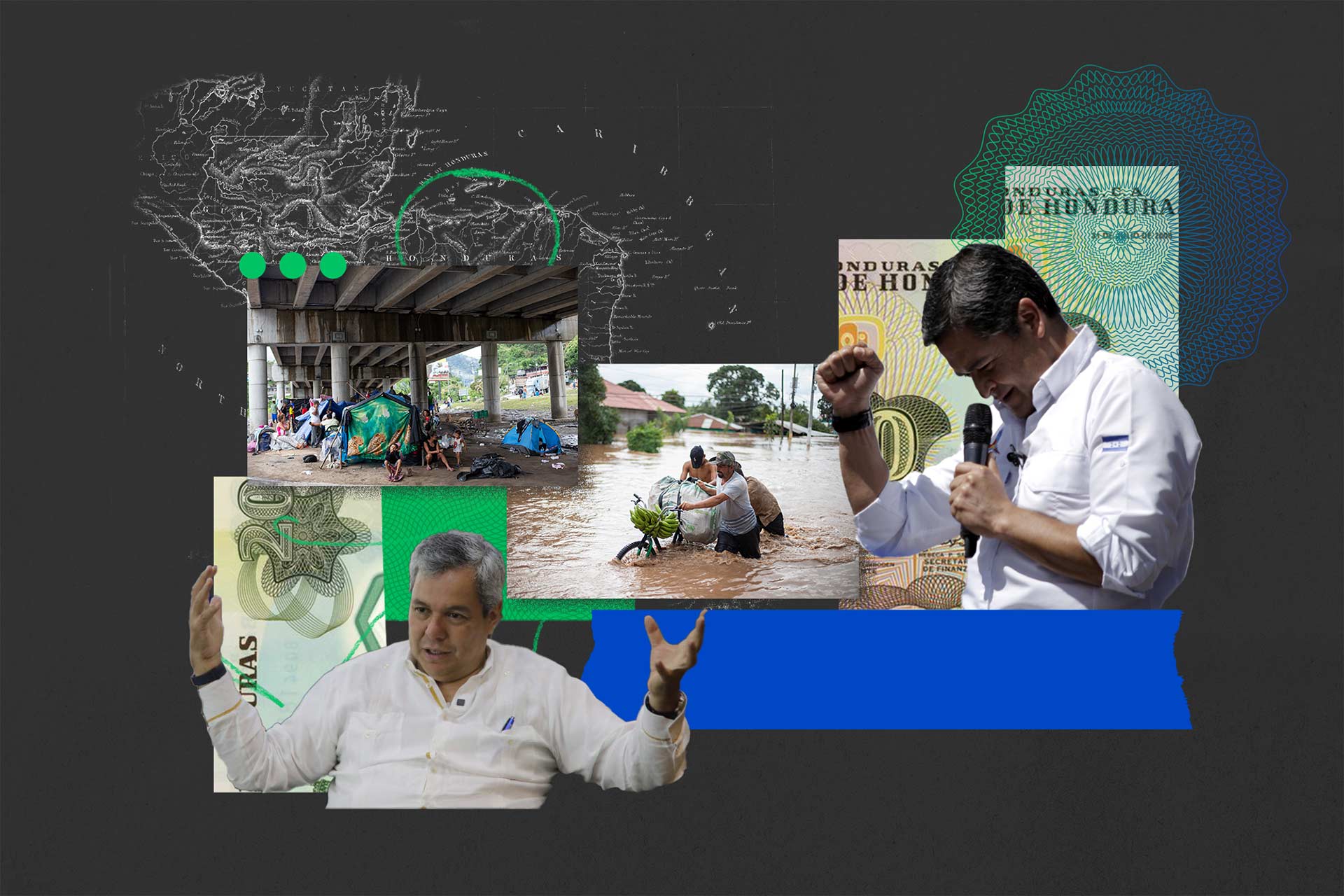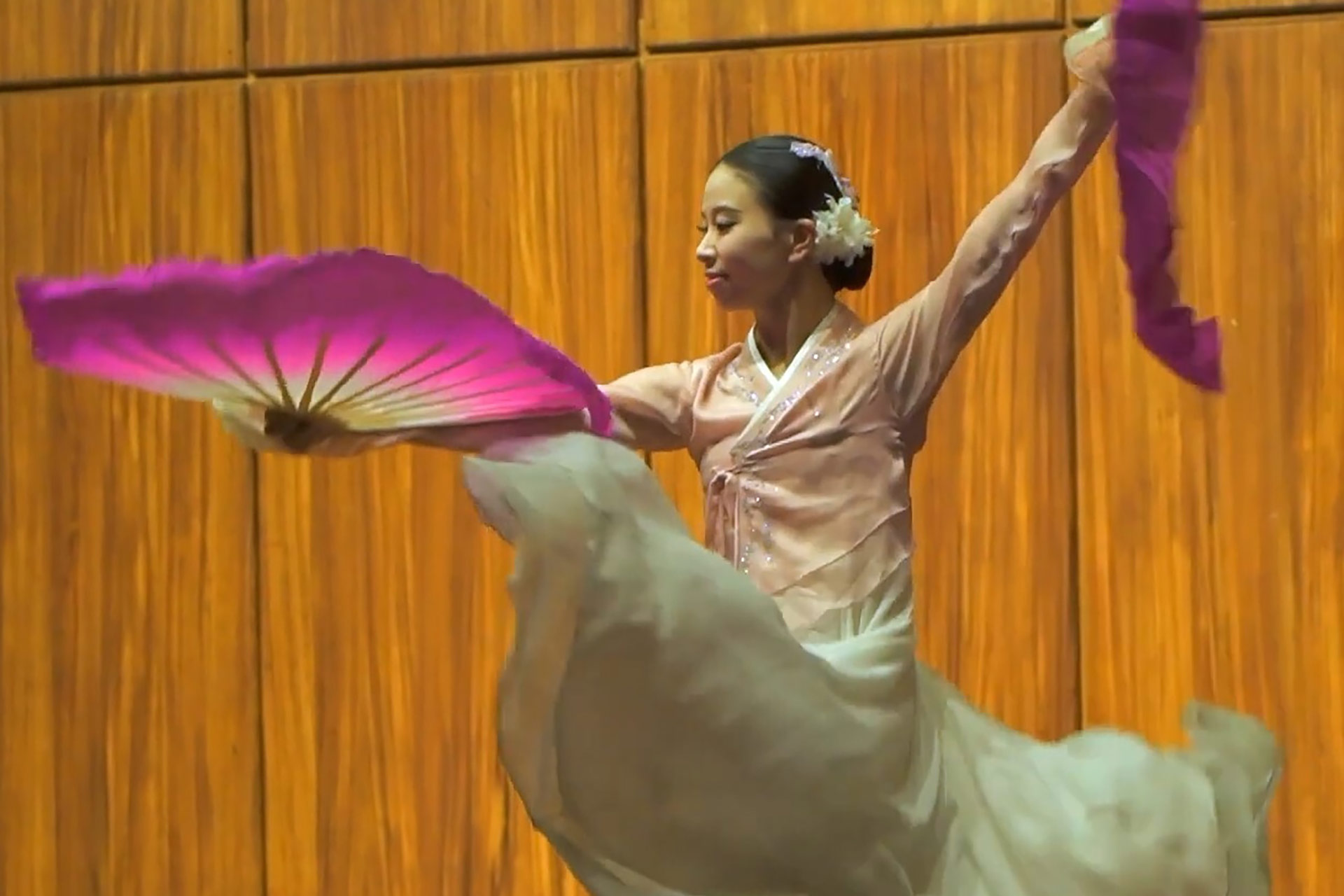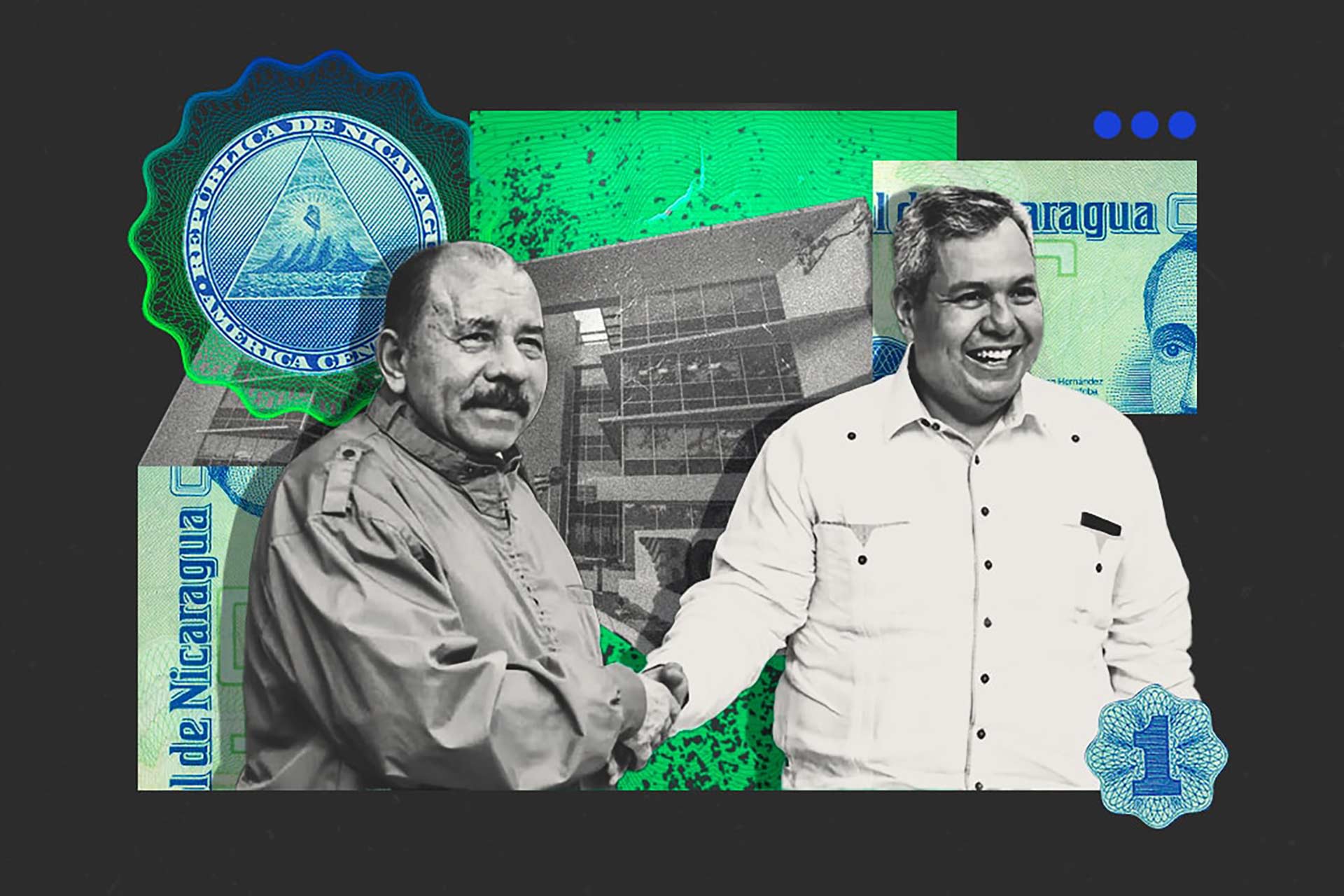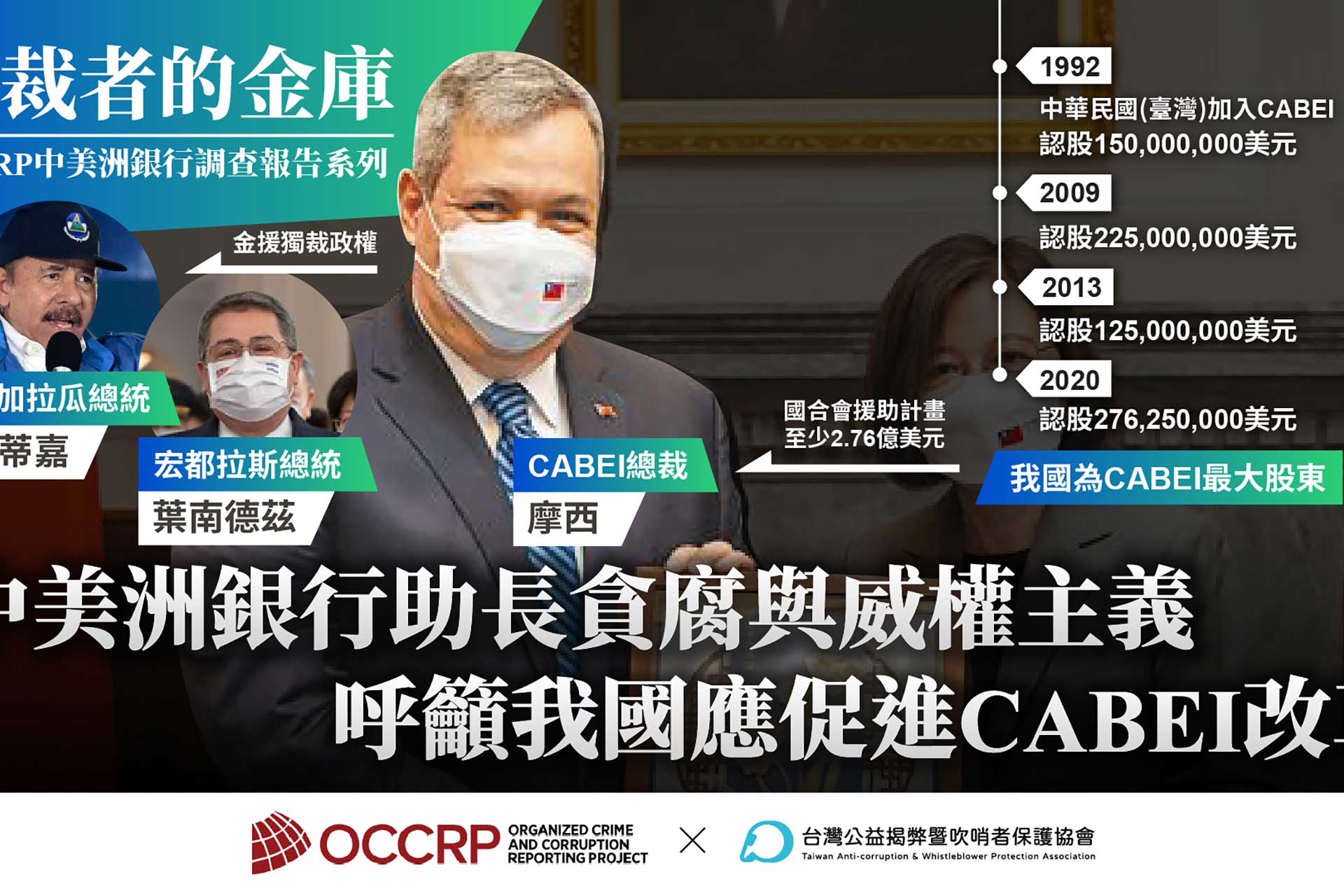Dante Mossi, the president of the Central American Bank for Economic Integration (CABEI), likes to say the bank sponsors dreams. Where other development banks see obstacles, he says, CABEI sees possibilities.
“CABEI differs from other development banks because it lets countries dream big,” he said during an online event last year.
Established in the midst of the Cold War, CABEI was born of a dream to give Central American countries more control over their own development. Today it accounts for nearly half the region’s development finance, playing a crucial role in providing funding for large-scale projects that otherwise would never have a hope of being built.
But some of these big dreams have gone bad.
While CABEI aims to support “balanced” development in Central America, OCCRP and its partners found the bank has funded projects that led to environmental destruction, and others where funds were diverted for corrupt practices or used to fund the pet projects of dictators.
For Central America, the bank’s lending practices have big implications. CABEI has faced criticism for providing billions of dollars in funding for the region’s dictators, who rely on the bank to access cheaper funding from international markets.
“CABEI needs to consider the region's track record of human rights violations and growing authoritarianism,” said Nicaraguan lawyer and political activist Juan Diego Barberena.
“The bank has lacked regulations that ensure transparent governance in how it grants funding. A reevaluation is needed, starting with an end to financing antidemocratic, human rights-violating, and corrupt regimes.”
Media Partners: Columbia Journalism Investigations (CJI), an investigative reporting unit at the Columbia Journalism School; Collaborative Central American reporting project Redacción Regional, including ContraCorriente in Honduras, No-Ficción in Guatemala, Lado B in Costa Rica, Focos in El Salvador, Confidencial and Divergentes in Nicaragua, La Prensa Panamá in Panama, and Dromomanos in Mexico; KCIJ-Newstapa in South Korea, Taiwan Anti-Corruption & Whistleblower Protection Association (TAWPA) in Taiwan, and the Centro Latinoamericano de Investigación Periodística (CLIP).
Editing: Caroline Henshaw (OCCRP), Ilya Lozovsky (OCCRP), Sally Mairs (OCCRP), Miranda Patrucic (OCCRP), Julia Wallace (OCCRP)
Writing and Reporting: Mariana Castro (CJI), Eli Moskowitz (OCCRP), Madeline Fixler (CJI) Andrew Little (CJI), Jonny Wrate (OCCRP)
Research and Data: Mariana Castro (CJI), Romina Colman (OCCRP), Madeline Fixler (CJI) Andrew Little (CJI), Giannina Segnini Segado (CJI), Angus Peacock (OCCRP)
Coordination: Caroline Henshaw (OCCRP), Kristen Lombardi (CJI) Eli Moskowitz (OCCRP), Jonny Wrate (OCCRP)
Fact Checking: Birgit Brauer (OCCRP), Olena LaFoy (OCCRP), Maura Quatorze (OCCRP)
Design and Graphics: James O'Brien (OCCRP), Edin Pašović (OCCRP)
Web Production: Fabienne Meijer (OCCRP)
Journalists: Jennifer Avila (Contracorriente), Bill Barreto (No Ficción), Mariana Castro (CJI), Romina Colman (OCCRP), Madeline Fixler (CJI), Osvaldo Hernández (No Ficcion), Vienna Herrera (Contracorriente), Brian Hioe (TAWPA), Jiyoon Kim (KCIJ-Newstapa), Sol Lauría Paz (La Prensa Panamá), Cindy Lee (TAWPA), Andrew Little (CJI), Danielle Mackey (freelance), Wilfredo Miranda (Divergentes), Eli Moskowitz (OCCRP), Iván Olivares (Confidencial), Ernesto Rivera (Lado B), Giannina Segnini Segado (CJI), Fernando Silva (Contracorriente), Diana Ulloa (Divergentes) Daniel Valencia (Redacción Regional and Focos), Jonny Wrate (OCCRP), Tsung-Ching Wu (TAWPA)
OCCRP's partners in Guatemala and El Salvador were supported by the Consortium to Support Regional Journalism in Latin America (CAPIR) led by the Institute for War and Peace Reporting (IWPR).

